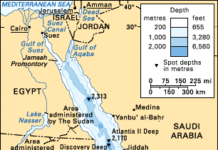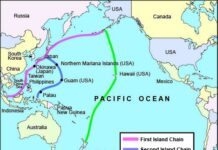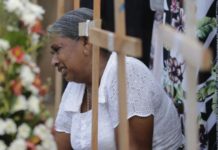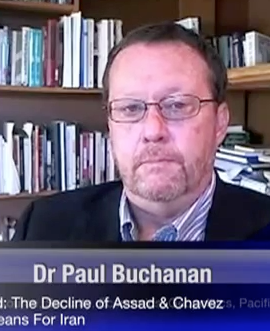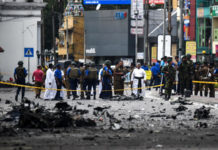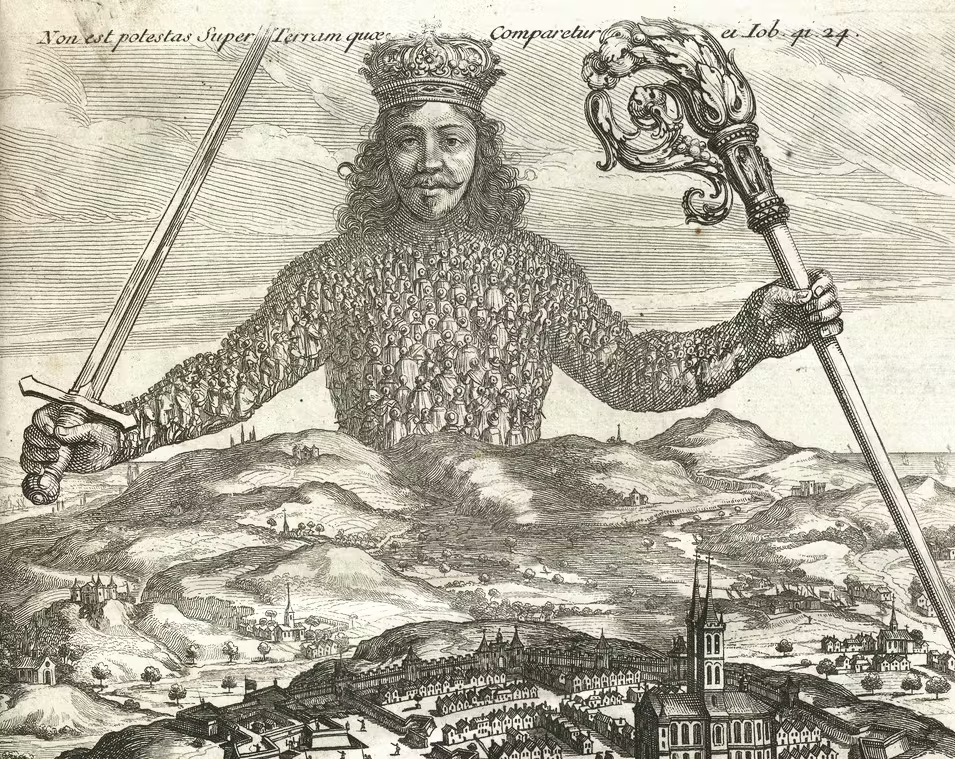Analytic Brief: Political Learning and the PNG Elections.

Parliamentary elections in Papua New Guinea (PNG) have once again raised questions about its political stability. The prospect of mass collective violence around the vote remains a very real possibility (sporadic incidents have already been reported), and allegations of fraud and corruption are, as in the previous seven elections since independence in 1975 (the last in 2007), often very credible. Much attention has focused on the mechanics of the 2012 elections in light of previous experience and the difficulties in effectively bringing the franchise to the rural hinterlands. Since there are 3,435 candidates running for 111 seats, with 46 cross-cutting political parties and numerous potential coalitions in a Limited Preferential Voting (LPV) mix, the current ballot is seen by many international observers as both seminal and fraught.
That raises the question of political learning in PNG.

Political learning can be negative or positive and is not the same as political or ideological education. Political learning is a sub-type of social learning, which is individual and collective based on personal experience. Political and ideological education is usually more formal and less “organic” (we shall omit discussion here of the political and ideological education of guerrilla cadres and irregular forces, which in modern times have combined the pedagogical approaches of Mao and Paulo Freire. These are based on the impartation of “street” as opposed to formal knowledge, always with an overt political content). Political education is elite driven and institutionalized, often focusing on the procedural aspects of leadership selection and state enforcement of rights. Depending on the character and disposition of the governing elite, it can take the form of indoctrination, propaganda, public relations “spin” or civic education programs. All regimes use a mix of these types of political education, but democracies tend to favor civic education in schools and public awareness campaigns while authoritarians prefer spin, indoctrination and propaganda as a means of legitimizing their rule (there are exceptions to the rule and individual democratic governments have been known to use PR campaigns to push policy initiatives or bolster support).
Political learning is personal and mass based, emotive, as manifest in local practice. In some instances political education and political learning converge to form a cohesive collective ideology that translates political ideals into practical reality. This sort of political hegemony (to use an overused phrase) is achieved when political learning and political education converge to become the basis for mass consent to the political regime. Here common sense (what elites posit as socially good and acceptable behavior) merges with good sense (that what a person intuitively feels to be correct or true) in that what is socially practiced is what is ideologically preached. That is something that is very hard to achieve even in advanced democratic societies.
Political education often focuses on the procedural side of leadership selection via elections. Political learning is based on the real experience of the procedural moment–the immediate conflicts and other social relations in a location where voting occurs. Political education is mostly positive: it reaffirms foundational myths and “in-group” traits and solidarity, although in some cases it perpetuates negative historical memories as a rallying point for citizenship and nation-hood (say, in the the depiction of a defeated occupier). Political learning can be either positive or negative and is often the latter, in which the real experience of politics is perceived, based on historical memory, to be the source of unhappiness, oppression or exploitation.
What is politically educated and what is politically learned are often two different things. What is imparted by political education may not be what is learned at the mass and individual level. What is considered positive at an educational level–for example, the holding of free and fair elections as an intrinsic right–can be seen in negative terms by some of those involved in them (say, supporters of losing candidates who are coerced by winners and excluded from politically-derived benefits).
Among other fundamentals, political education in PNG and elsewhere in the developing world speaks about elections in Westminister terms. Political learning in the PNG and other developing societies speaks about contextual experience and immediate legacies of elections. The institutional approach to PNG elections is an example of “top down” social engineering, where it is believed that repeated instances of elections will eventuate in free and peaceful electoral competition as the preferred means of selecting national governments. That in turn will help pave the way for the democratization of civil society as the value of voting become ingrained and reproduced on a mass level and within civil society institutions. This is in contrast to “bottom up” approaches that emphasize the democratization of civil society as a precondition for the holding of genuinely transparent and free elections. Political scientists and government agencies tend to focus on and favor top-down approaches whereas anthropologists and sociologists tend to focus on bottom-up efforts at social transformation, including its electoral components. The “what comes first” question has been resolved in most instances by a top down approach, mainly because it is favored and can be implemented by central governments and foreign agencies s as a measurable first step in the broader project that is the transition from traditional authoritarian to modern democratic society.
The focus of most institutional actors, foreign and domestic, in the PNG elections is on guaranteeing the integrity of the ballot. That requires “clearing space” for the vote in the sense that the physical conditions in which it occurs are secure and that access to voting is unimpeded. The primary interest is on guaranteeing the procedural aspects of democratic leadership selection. Less attention is placed on promoting the substantive bases of democratic society, which is a particularly hard thing to do in a hybrid nation-state such as PNG where pre-modern subsistence co-exists with aspects of urban globalized modernity. Most of the efforts to build democracy in developing societies in done in the intervals between elections and is done by non-state actors using foreign aid. The record on such efforts is mixed, especially in the South Pacific and particularly in PNG.
Among other things, that makes the use of a relatively sophisticated voting system such as LPV (rather than a simple first-past-the-post system) particularly difficult to implement as intended, since many voters do not had the electoral acumen to look beyond personalities and think strategically about the ballot. Add to that ingrained practices of vote manipulation, and the good intentions of LPV in PNG are often subverted.
From a governance standpoint, the main question to be asked is “what have people learned politically?” This is as much a product of what occurs between electoral intervals as it is during them. On that score the PNG record with regards to democracy promotion is at best limited and mixed.
Persistent traditionalism in PNG politics is now abetted by modern technology. Strategic shifts in pre-electoral behavior have occurred, but not in expected or desire direction: along with tribal or post-election conflict, political violence has become pre-electoral. Cell phones and social media have become instruments of intimidation as well as communication. Modern firearms have been added to the existing armory of vintage and homemade weapons (weapons buy-backs are an ongoing project in the lead up to elections). For many (both candidates and supporters), elections are seen as moments for material gain, not so much as an opportunity to have a voice in political decision-making.

State fragility and deep political divisions in the national government compound the problem of negative learning. The Peter O’Neill-Michael Somare conflict (set to continue with both men returning to parliament), coupled with the rise of former Deputy Prime Minister Belden Namah (pictured) on the back of a populist, anti-Australian platform, when added to pervasive corruption, limitations of the PNG military and weak civilian bureaucracy, conspire against positive learning about national governance. This pushes people to the default option of traditional political custom and localized favor, now with modern touches. Moreover, many actors in PNG do not have or even are opposed to democratic values and mechanisms, including not only tribal, clan, kinship and regional authorities but also private foreign actors who see benefit in cultivating traditional political ties with local elites rather than or in parallel with the national government or key political figures. The boom in natural resource extraction has seen an accentuation of this phenomenon, particularly in the financing of campaigns and payments for favor. This works contrary to the national electoral support and civic education efforts undertaken by private and public aid and assistance programs, but insures against the extremely large investment risk undertaken by foreign firms developing large scale projects in the country.
As things stand on the last day of the first round of elections, Mr. O’Neill looks poised to lead the next PNG government and continue as Prime Minister. Mr Namah could very likely re-join him in government. Many interested parties, Australia in particular, will be happy with that result. But the larger issue of negative political learning and its impact on democracy-building in PNG remains unresolved and is likely to remain so for the foreseeable future.



